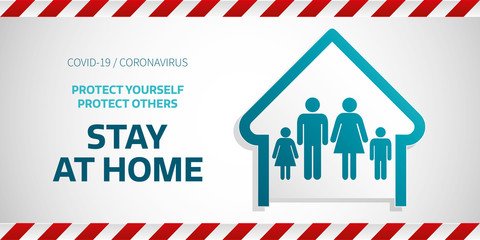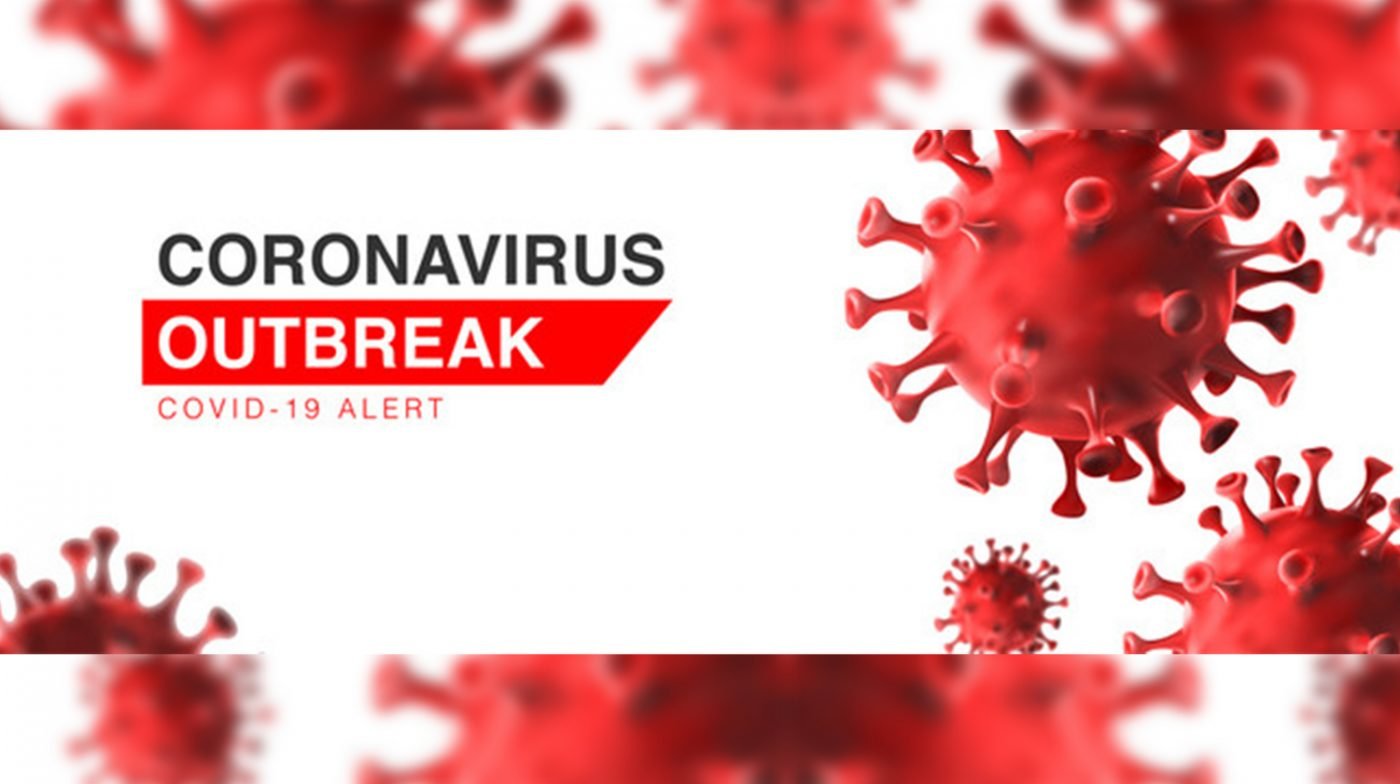No products in the cart.
Health
Coronavirus in Curaçao
Along with the rest of the world, Curaçao has felt the impact of the global spread of the respiratory disease caused by the new coronavirus (COVID-19). The first case on the island was detected on March 13th, when a 68-year-old Dutch tourist tested positive for the virus after traveling to the island for vacation.
Since then as of the end of March, ten more cases have presented with one of these, unfortunately, resulting in a fatality. Reacting quickly to reports of the situation in Europe and further afield, the Government of Curaçao took decisive action shutting the airspace to flights originating in Europe and mandatorily closing all educational institutions to limit the spread of the disease and protect the citizens of Curaçao.

As the additional cases were diagnosed, the Government took clear and proactive responsibility against a backdrop of uncertainty and fear, enforcing a variety of further measures to address the situation. A policy of social distancing has been implemented across the island along with a curfew and further restrictions on passenger flights.
Press conferences have been held daily to keep the public updated on the latest developments. Members of the public have been instructed to avoid unnecessary contact with other people and to limit their activities to only what is strictly necessary.
Children, who can carry and spread the virus without showing symptoms, are not allowed to enter many supermarkets and businesses. Group events and activities have been temporarily forbidden and citizens have been asked to maintain a two-meter distance from other people. Bars and restaurants were only able serve food for takeaway with some offering delivery services to limit the need for people to leave their homes.
All shops must be closed by 6 pm except for restaurants, supermarkets, hardware stores, gas stations, boticas and food trucks which may remain open until 7 pm. Customers at the food outlets must leave as soon as they collect their food and prohibited from sitting down or congregating with other customers.


Effective March 28th, a curfew was declared prohibiting anyone to be on the streets between 9 pm to 6 am with the exception of those commuting to work, emergency services and security agencies. Starting March 30th, the curfew was extended to all day for two weeks. The stricter measures taken by the Government requires everyone to stay in their homes except for those with a vital profession. #stayathome The community on the island has taken the warnings seriously. Following the lead of the restaurants, pharmacies and supermarkets have begun to provide online order and delivery or pick up services.
The University of Curaçao has moved all its classes and lectures online. Streets have become quiet and many businesses have shut their doors, allowing employees to work from home where possible. However, for some workers, this is not an option and those employed in tourism have been amongst the first to feel the pinch. To support people who experience a lack of income during this time, a number of local financial institutions have issued a 3-month moratorium on personal and commercial loan interest payments. Under the direction of epidemiologist Izzy Gerstenbluth of Curaçao Biomedical and Health Research Institute, healthcare authorities have put clear measures in place for treating and preventing the spread of the disease.
Curaçao Medical Center has appointed a specialized ‘calamity’ team of 30 nurses and healthcare professionals who have been fully trained in how to treat patients presenting with symptoms of the coronavirus. An ‘outbreak’ team, which includes microbiologists, infectologists and a pulmonologist, meet regularly with plans being revised and adapted constantly in response to reports from authorities around the world.
At this stage, it appears that the measures taken have been effective in minimizing the spread of the coronavirus which has infected more than 800,000 people worldwide. One of the advantages of being surrounded by sea is that it is far easier to control the movement of people, in comparison to land borders. The government’s swift action in shutting down the airspace has been significant and so far, there has not been evidence of a community spread. The most common symptoms of the COVID-19 virus are fever, cough, and shortness of breath. Experts believe that these appear between 2 to 14 days of exposure.
If you are on Curaçao and experiencing these symptoms, it is critical to stay at home in order to prevent spreading the virus to other people. Phone your doctor who will ask some questions to find out how likely it is that you have been infected. If your doctor believes there is a chance that you do have COVID-19, he or she will contact Uitvoeringsorganisatie Geneeskundige en Gezondheidszaken (UO G&Gz) who will send a health professional to your home to test you for the virus.
It is very important that you do not visit your doctor or a hospital as you run the risk of passing on the virus to vulnerable people who may become seriously ill. More than 80% of people who become infected with the virus will experience mild symptoms and make a complete recovery within days or weeks. However, for a small number of people of advanced age or with underlying health conditions, the virus can be more serious. COVID-19 is spread via close person to person contact through respiratory droplets from coughing and sneezing.
It is also possible that like the common cold and flu, a person can catch it by touching a surface or object that has the virus on it, and then touching their own mouth, nose, eyes or face. Therefore, preventative measures are vital such as handwashing and cough & sneeze etiquette. Try not to touch surfaces particularly in public places and avoid touching your face. Regularly wash your hands thoroughly or use hand sanitizer (minimum 60% alcohol) when soap and water are not available. Always cover your cough or sneeze with a tissue, then throw the tissue in the trash.
If a tissue is not available, cough or sneeze into your closed elbow. Stay at least two meters away from any person who is visibly sick and avoid crowded places at all times.
For more current information regarding the COVID-19 topic, please visit the Curaçao Government website at https://gobiernu.cw/medidanan-di-prekoushon/ or visit the Centers for Disease Control and Prevention (CDC) website at https://www.cdc.gov/coronavirus/2019-ncov/
Writer: Úna Jansen



